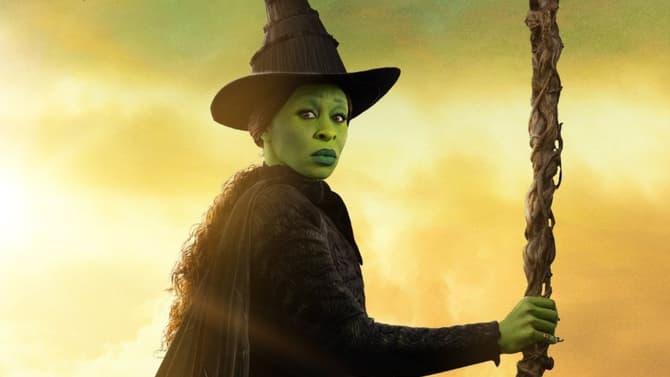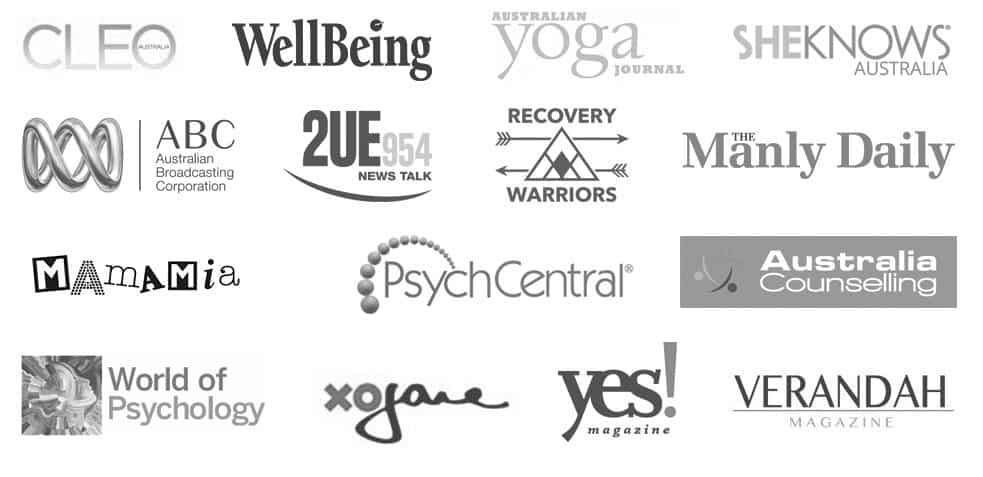
©️Universal Pictures
This movie review is about Wicked: A Tale of Power in the Face of Exclusion. The post contains spoilers.
Wicked: A Tale of Power in the Face of Exclusion
Teenage years are a time of discovery, but for many girls and young women, it is also a time of deep insecurity. Trying to fit in, gaining approval, and navigating social hierarchies can lead to behaviours that harm others – such as exclusion and bullying. These behaviours are often driven by a lack of a healthy sense of self, aka low self-esteem and low self-worth. When we don’t know who we truly are or when we don’t feel good enough, we might seek social one-upmanship to fill the void.
The story of Wicked offers a life-lesson about the power of standing in your authentic self. Elphaba, misunderstood and ostracised, refuses to conform to what others expect of her. Instead of seeking validation through exclusion or putting others down, she learns to embrace her uniqueness and find strength in her authentic self. For teenage girls and young women, this is a vital message: when you stand in your power, like Elphaba, you don’t need to diminish others to feel secure and good enough.
The Subtle Pain of Exclusion
Exclusion often operates in the shadows of teenage social dynamics. It can manifest in cliques, unspoken rules, and subtle but deliberate actions – leaving someone out of a group chat, turning backs in class, or making plans just loud enough for someone else to overhear.
In Wicked, we see this play out when Glinda encourages her friends to mock Elphaba by setting her up to wear the black witch’s hat to a party, knowing it will make her a target for ridicule. The laughter and whispers from the group are classic examples of covert bullying, designed to isolate Elphaba and assert their social dominance. Another moment of exclusion occurs when Glinda participates in the group’s initial teasing of Elphaba, encouraging the others to view her as “other” to maintain her own position in the social hierarchy.
These behaviours, whether in real life or fiction, are a form of covert bullying, and while they may seem less harmful than physical or verbal aggression, their emotional impact is deeply painful. Exclusion isolates its target, leaving them questioning their worth and eroding their confidence. Yet, as Wicked poignantly shows, these actions actually say more about the people doing the excluding – they often reflect an inner void, a lack of self-esteem and self-worth, and a misguided attempt to feel superior.
For Glinda, this exclusion is rooted in her own insecurity and the pressure to maintain her social standing. It’s only when she begins to confront her actions and connect with empathy for Elphaba that she sees the hollowness in these social games, offering a powerful lesson about the cost of exclusion for both the excluded and the excluder.
The True Cost of Social Games
When girls engage in exclusion, they rob themselves of something far greater than temporary social power: the chance to grow into women who are grounded in authenticity. Social one-upmanship is fleeting. Popularity fades. What remains is the ability – or inability – to connect with others in meaningful ways.
Glinda’s early actions in Wicked show how shallow social games can feel hollow. She initially distances herself from Elphaba to protect her own social status. But over time, she learns that true confidence doesn’t come from external validation or the approval of others – it comes from within.
Embracing Your Inner Elphaba
Elphaba stands as a powerful symbol of self-acceptance. She doesn’t try to squash her differences or hide her shadow. Instead, she integrates her strengths and vulnerabilities, becoming someone who walks through life authentically. This doesn’t mean her journey is easy – authenticity often evokes criticism – but it does mean she’s free from the exhausting cycle of seeking approval and hustling for her worthiness.
When teenage girls and young women learn to embrace their inner Elphaba, they tap into a well of inner strength. They realise they don’t need to exclude others to feel worthy or valuable. Instead, they can celebrate their individuality and build others up.
Building a Solid Sense of Self
A strong sense of self is the antidote to insecurity-driven exclusion. When girls know who they are and what they stand for, they don’t need to compete for social power—they already have a solid foundation.
Standing in your power means:
- Knowing Your Values: Elphaba is unwavering in her commitment to justice and doing what’s right, even when it costs her the approval of others. Her ability to align her actions with her principles is what ultimately sets her apart.
- Embracing Your Uniqueness: Elphaba’s green skin, once a source of ridicule, becomes a symbol of her individuality and strength. She refuses to hide or change who she is, showing that our differences are what make us extraordinary.
- Cultivating Empathy: Despite being ostracised, Elphaba demonstrates compassion and inclusion, even for those who have wronged her. This contrasts with Glinda’s early struggles, where her insecurities lead her to diminish others.
- Finding Inner Confidence: Elphaba’s defining moment in “Defying Gravity” is a powerful declaration of self-worth. She stops seeking validation from external sources, such as the Wizard or her peers, and aligns with confidence from within, standing tall in her truth.
The Path Forward
Teen girls who embrace their authentic selves grow into women who radiate authenticity and strength. They don’t waste energy tearing others down – they lift others up. They are inclusive, empathic, and courageous, like Elphaba standing tall in the face of her trauma and adversity.
Wicked reminds us that we all have the capacity to stand in our power and embrace our individuality. By rejecting the social games of exclusion and instead focusing on building a strong sense of self, we create a world where all girls can grow into confident, empowered women.
As Elphaba demonstrates, true power isn’t about being the most popular or the most feared – it’s about being unapologetically, authentically yourself. When we embrace our inner Elphaba, we don’t just change our own lives – we inspire others to do the same.

Leave a Reply